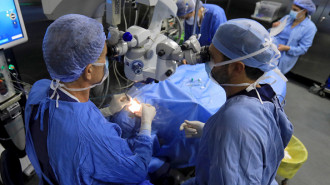Who is the Hungarian CEO linked to the Lebanon pager blasts?
A company headed by a Hungarian woman appears to be linked to the manufacture of the pager devices that exploded in Lebanon this week, killing at least 37 people in two attacks targeting Hezbollah operatives, and wounding more than 3,000 others.
While Israel has largely been blamed for the attacks, they have not commented on the attack, only vowing that they have "many more capabilities" to use against Hezbollah.
The woman whose company has been linked to the exploding pagers has been identified as Cristiana Bársony-Arcidiacono, who is listed as the CEO of the Budapest-based BAC Consulting, the Taiwanese trademark holder of the pagers.
According to her mother Beatrix, also known as Beatrice, she is now under the protection of Hungarian secret services after her daughter reportedly received unspecified threats. Beatrix told Associated Press that her daughter is being kept in a “safe place protected by the Hungarian secret services" and had been advised not to speak to the media.
Hungary's national security authorities did not immediately respond to a request for comment, and the AP said it could not independently verify the claim.
Investigative journalism group Bellingcat reported that the exploded pagers had labels that suggested they were likely the AR-924 Rugged Pager model, using the brand of the Taiwanese company Gold Apollo, which specialises in the production of wireless paging systems.
How is the company linked to the attack?
Bársony-Arcidiacono's company first came under scrutiny after Gold Apollo said it had authorised BAC Consulting to use its name on the pagers that were used in the first attack, but that the Hungarian company was responsible for manufacturing and design.
On Wednesday, a Hungarian government spokesman said the pagers delivered to Hezbollah were never in Hungary, and that BAC Consulting merely acted as an intermediary.
Cristina’s mother Beatrix reiterated this.
"She is not involved in any way, she was just a broker. The items did not pass through Budapest...They were not produced in Hungary," she said.
A woman who came out of the building where BAC Consulting is registered said the company shares the location in Budapest with several other businesses but has no physical office, only using it as an official address.
The company's website said it specialised in "environment, development, and international affairs" and the corporate registry lists 118 official functions including sugar and oil production, retail jewellery sales and natural gas extraction.
It brought in $725,000 in revenue in 2022 and $593,000 in 2023, according to the company registry. Last year, the company spent nearly $324,000, or around 55 percent of its revenue, on "equipment."
However, the company's website has been unavailable since Wednesday.
Who is Cristina?
The 49-year-old was born in Sicily and studied at the University of Catania before pursuing a Ph.D. at University College London in the early to mid 2000s, her mother says.
She worked in Paris and Vienna before moving to Budapest in October 2016 to care for her elderly grandmother.
In May 2022, she incorporated the company which is today at the heart of the mystery of the pagers.
On social media, Bársony-Arcidiacono describes herself as a strategic adviser and business developer with a doctorate who has worked for major international organisations such as the International Atomic Energy Agency and the CARE humanitarian agency, as well as for venture capital firms.
Is the company part of a front?
According to the New York Times, which cited three intelligence officers, the Budapest based company was part of an Israeli front, and the pagers were tampered with before reaching Lebanon.
The intelligence officers briefed on the operation said at least two other shell companies were created to mask the identities of people creating the pagers.
The report adds that the pagers produced were done so separately, and contained batteries laced with explosive PETN.
The pagers were then shipped to Lebanon in the summer of 2022 in small numbers, but their production was ramped up after Hezbollah chief Hassan Nasrallah warned about the use of cell phones, saying they could provide Israel with locations and details of Hezbollah members.
After Hezbollah limited the use of cell phones, shipments of pagers to Lebanon increased, with thousands arriving in the country.
The three intelligence and defence officials said Israel triggered the pagers to beep and sent a message to them in Arabic that appeared as though it had come from Hezbollah’s senior leadership, which is when they exploded.
Agencies contributed to this report
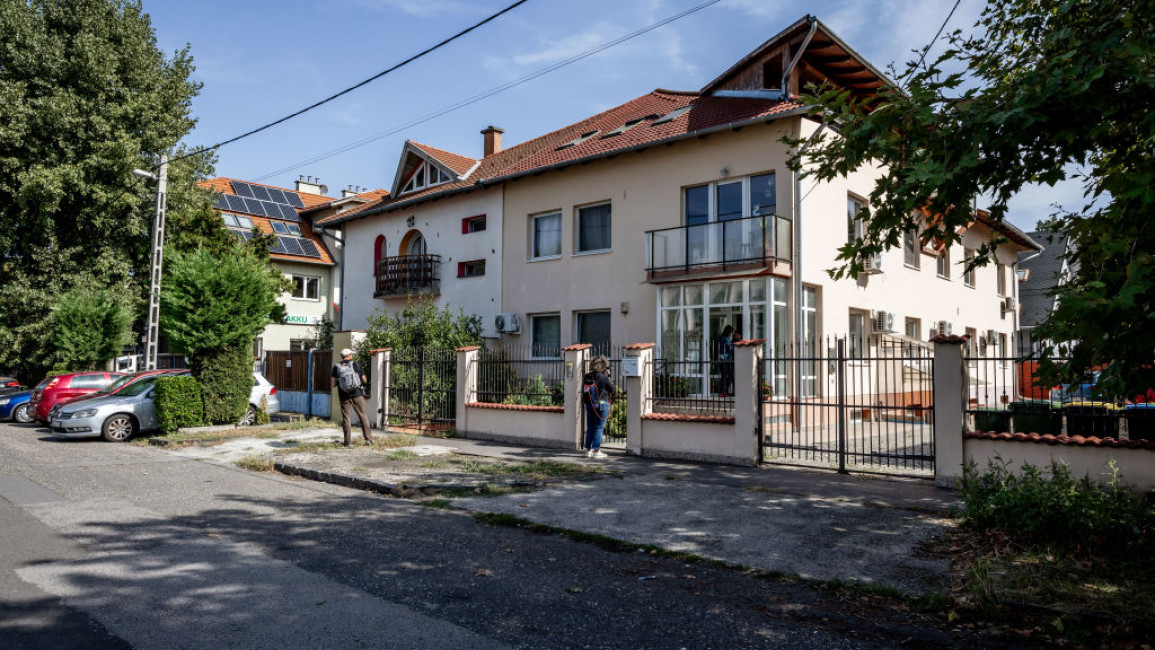
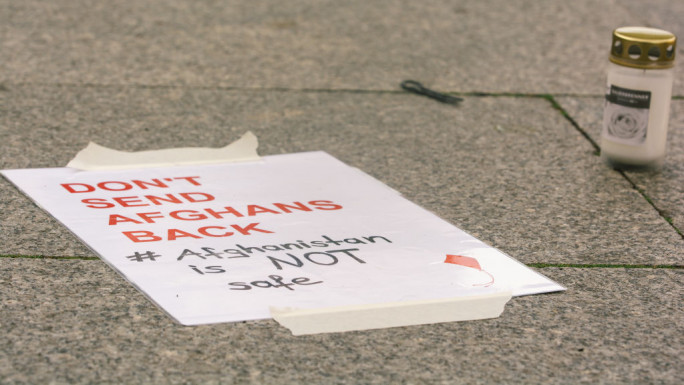
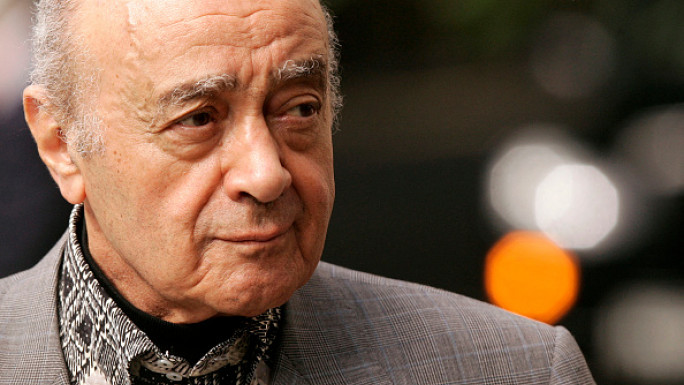

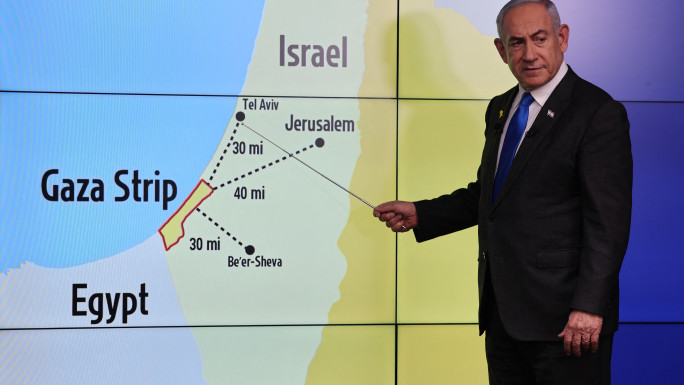
![gaza hospital [getty]](/sites/default/files/styles/image_684x385/public/media/images/04CAB42E-7AB3-4448-B45F-B0E1D7D43091.jpg?h=d1cb525d&itok=XYFJ5dpl)


